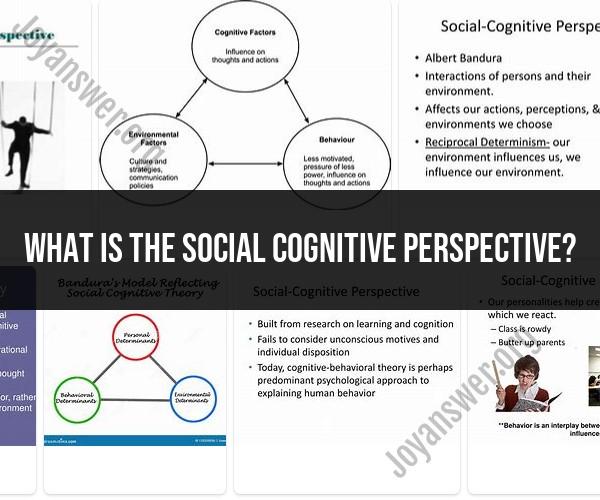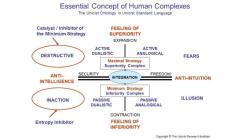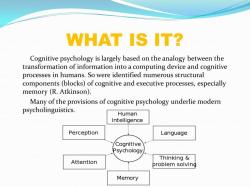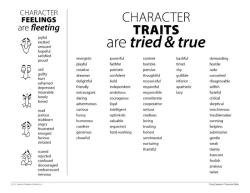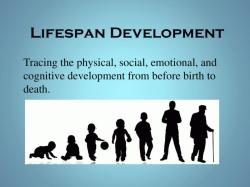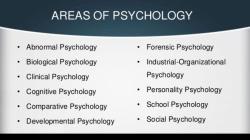What is the social cognitive perspective?
The social cognitive perspective is a psychological framework that focuses on how individuals acquire knowledge, attitudes, and behaviors through observing and interacting with their social environment. This perspective sheds light on the complex interplay between cognition, social factors, and behavior. Let's delve into the key aspects of the social cognitive perspective:
1. Observational Learning
Observational learning, also known as modeling or imitation, is a fundamental concept in the social cognitive perspective. Individuals learn by observing the behaviors and outcomes of others. This process involves attention, retention, reproduction, and motivation. Observational learning plays a crucial role in the development of skills, values, and behaviors.
2. Cognitive Processes
Cognitive processes refer to mental activities such as perception, memory, and reasoning. In the social cognitive perspective, cognitive processes are central to understanding how individuals interpret and make sense of social cues. People assess the consequences of their actions based on cognitive evaluations of potential rewards and punishments.
3. Self-Efficacy
Self-efficacy is the belief in one's ability to successfully execute tasks and achieve goals. The social cognitive perspective emphasizes the role of self-efficacy in shaping behavior. Higher self-efficacy leads to increased effort, persistence, and resilience in the face of challenges. Self-efficacy beliefs are influenced by personal achievements, vicarious experiences, social persuasion, and emotional states.
4. Social Interaction
Interactions with others play a significant role in the social cognitive perspective. People learn through social interactions, and their behaviors are shaped by the responses they receive from others. Social norms, expectations, and feedback contribute to the development and modification of behaviors.
5. Reciprocal Determinism
Reciprocal determinism suggests that behavior, cognition, and the environment interact and influence each other in a bidirectional manner. Individuals are not passive recipients of environmental influences; they actively shape their environment through their actions and choices. This dynamic interplay highlights the complexity of human behavior.
6. Application and Implications
The social cognitive perspective has practical applications in various fields, including education, psychology, marketing, and communication. Understanding how individuals learn from role models, assess their capabilities, and respond to social influences can inform interventions, skill development, and behavior change efforts.
Conclusion
The social cognitive perspective provides valuable insights into the intricate connections between cognition, social factors, and behavior. By unraveling the mechanisms of observational learning, cognitive processes, self-efficacy, and social interaction, this perspective contributes to a deeper understanding of human behavior and interaction in diverse contexts.
